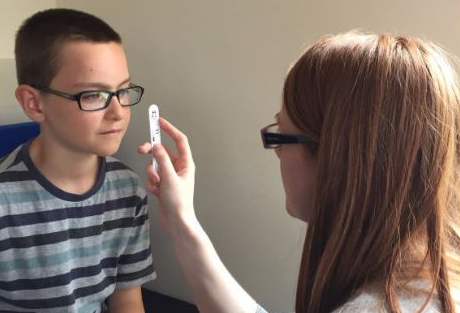Introduction
The Psychology and Clinical Language Sciences Research Division has a long-standing reputation for excellence in the study of the mind, brain, health and language. We are home to state-of-the-art research facilities including brain imaging systems (MRI, EEG, TMS), and are unique in housing four clinical research facilities on site (for autism, anxiety and depression, speech and language therapy, and dementia).
Our research is focused on three complementary themes:
Psychopathology and affective neuroscience: We have internationally recognised strengths in the development of emotion regulation and psychopathology, treatment of psychopathology, and how the brain and body interact in terms of social cognition and emotional behaviour. With a focus on translational research, we seek to advance understanding of the causes and treatment of depression, anxiety, eating disorders and autism in children and younger adults, as well as neurodegeneration and wellbeing in older adults.
Cognitive science: This broad theme focuses on language; learning, memory and forgetting; and perception. An emerging field is the study of motivation, curiosity and behaviour change, with implications for education and policymaking. Language is a particular strength of this group and we have significant expertise in bilingualism and multilingualism, language impairment, typical and atypical development, and psycholinguistics. In addition, we have expertise in 3D vision, eye movements and face perception, and we use virtual reality technology to expand our understanding of how vision and touch are brought together in perception. Researchers examine how a variety of interventions such as cognitive training, brain stimulation, and even how chewing gum help us to remember and to forget.
Personalised nutrition and applied research: Work within this theme investigates the interplay between our diet and measures of cognitive and mental health, and understanding how social, cognitive, sensory and economic factors interact to influence food choice across the lifespan. Other research investigates the development of technological aids for supporting people with dementia and Alzheimer’s disease, the use of plant-derived compounds for health, and contributions to building design in relation to distracting background noise and the Internet of Things.


